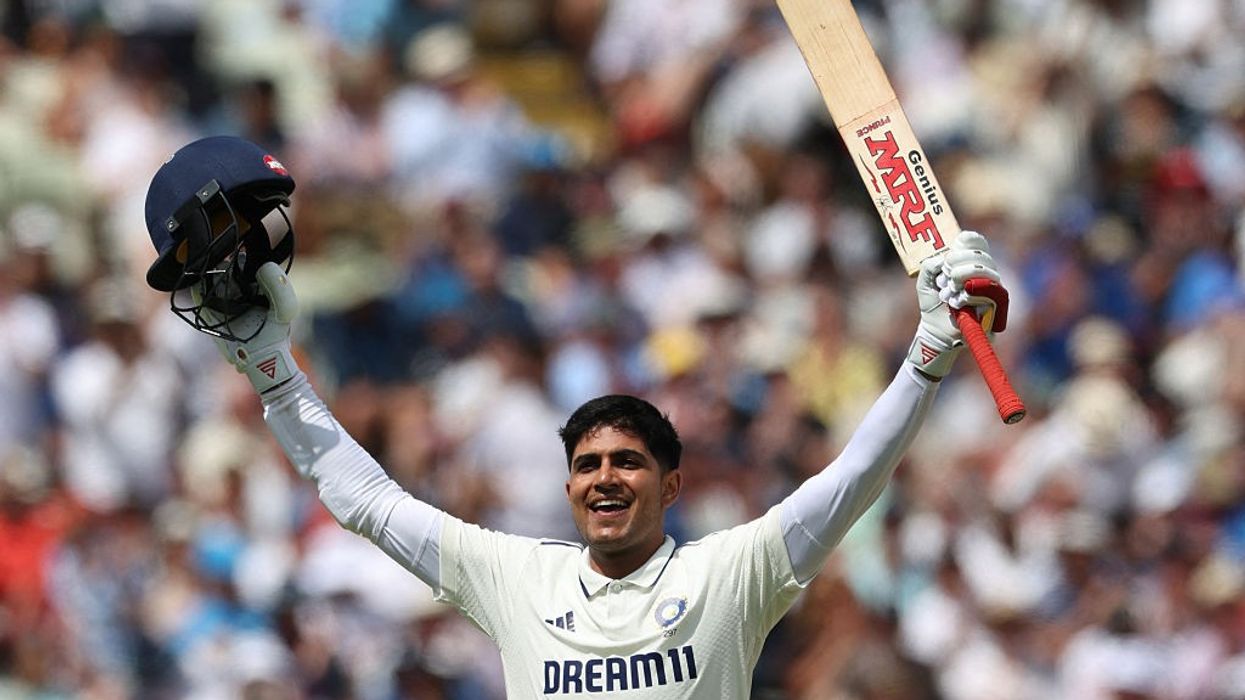AHEAD of the 2024 World Health Summit, in which the World Health Organization (WHO) is a partner, a new report by the Lancet Commission on 'Investing in Health' has set a goal of halving the probability of premature deaths around the world by 2050.
Seven of the 30 most populous countries, including Bangladesh, Ethiopia, Iran, and Türkiye, are on track to meet the "ambitious," yet "feasible" goal, which the report's authors have called '50-by-50'.
The international team includes authors from institutions such as Harvard University's School of Public Health, the WHO, and the Public Health Foundation of India, New Delhi.
They explained that, on average, a person born in 2019 had a 31 per cent chance of dying before turning 70 years of age. If the 50-by-50 goal is achieved globally, a person born in 2050 could expect to have only a 15 per cent chance of dying before turning 70, they said.
The authors noted that the gains made by the seven countries in reducing the chances of early death can be achieved early on the path to providing full universal health coverage.
To achieve the 50-by-50 goal, tobacco control, including taxation, is the most important policy that governments can adopt, given tobacco-related deaths and the established capacity of governments to implement tobacco policies, the team said.
In addition to other causes, consuming sugary drinks has been associated with an increased risk of early death and heart disease among people with type 2 diabetes, according to a study led by Harvard University and published in the British Medical Journal in April 2023.
Regarding the exceptionally high death risk from pandemics, the authors attributed the success of the best-performing nations, such as China and Japan, to the national implementation of public health fundamentals — early action, isolation, and quarantine, along with financial support for those exposed.
As part of a focused approach to strengthening health systems, the authors proposed a range of interventions they said could be cost-effective and feasible to implement across high-, middle-, and low-income nations.
They explained that scaling up investments and services for just 15 priority health conditions — eight infectious and maternal health conditions, and seven non-communicable disease and injury-related conditions — could halve premature deaths by mid-century in the countries choosing to do so.
A decline in deaths due to these 15 conditions was key to the gains made in life expectancy between 2000 and 2019, the authors said.
However, the interventions addressing these 15 conditions remain inaccessible to millions, they noted, attributing this to the lack of focus on the high-priority initial steps of universal health coverage.
Other fiscal policies, including the taxation of unhealthy food and drinks and the removal of fossil fuel subsidies, would benefit health directly and create revenue that can be invested in health services, the authors said.
"The 50-by-50 goal, with an interim milestone of a 30 percent reduction in the probability of premature death by 2035, remains within reach," the authors wrote.
"The most efficient route is to focus resources against a narrow set of conditions and scale up financing to develop and deploy new health technologies.
"Our analyses have shown that the economic value of achievable mortality declines is high and often constitutes a substantial fraction of the value of gains from economic growth itself," the authors wrote.
(PTI)


















